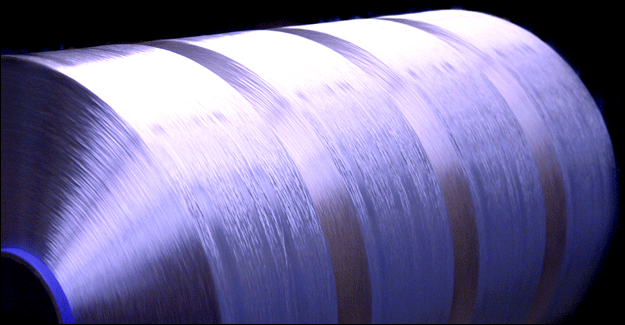Textile Industry Bodies Pitch For Lower Rate Of GST On Manmade Fibre Products
Textile Industry Bodies Pitch For Lower Rate Of GST On Manmade Fibre Products

Textile industry bodies like Confederation of Indian Textile Industry (CITI), Southern India Mills' Association (SIMA) and Tirupur Exporters' Association (TEA) have stated that they would like the government to lower the GST rate for manmade fibre (MMF) products.
MMF fabric and yarn, dying and printing units as well as embroidery items are set to attract an 18% rate of GST which they claim would result in an increase in input costs as well as adversely affect the entire textile value chain.
CITI Chairman J Thulasidharan said that maintaining the same rate of GST for MMF products will destroy hundreds of small and medium synthetic textile manufacturers, while SIMA Chairman M Senthilkumar took the position that the 18% GST rate on manmade fibre and synthetic yarn would create an inverted duty structure problem, since fabric would attract only a 5% GST rate.
While TEA President M Shanmugham stated that garment units are likely to find it difficult to offset input tax credit for synthetic fibre as well as fabric, CITI Chairman J Thulasidharan urged the government to reconsider the 18% GST rate on MMF products and reduce it to 12%. Thulasidharan pointed out that India is already suffering a huge competitive disadvantage in the global textile market from Bangladesh, Vietnam and China, since MMF-based textile products attract higher rates of import duty.
He said that keeping tax rates high will not only escalate textile inflation but will lead to cheap imports from these countries, reiterating that the Indian textile sector is suffering from various disadvantages like high energy costs and infrastructure bottlenecks. He said that keeping GST rates of key inputs at a higher level will further affect the competitiveness of India’s textile sector.
Other industry experts also urged the government to exempt textile jobs from service tax since it would benefit the predominantly decentralised micro, small and medium enterprises, especially in the powerloom, knitting, processing as well as garmenting sectors. TEA President M Shanmugham said that about 80% of garment units in Tirupur do their business on a job working basis and the 18% service tax on textile jobs would hit them hard.
Incidentally, GST rates for all natural fibres including cotton, cotton yarn, fabrics and readymade garments valued below Rs 1,000 have been fixed at 5%, which has been in line with industry expectations.



 textileexcellence
textileexcellence 







